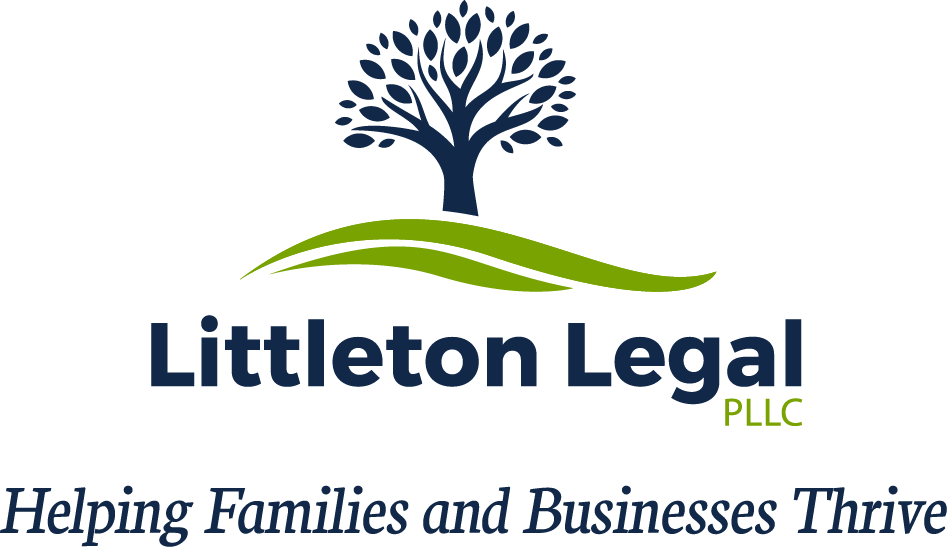The holidays bring their own chaos: family gatherings, travel plans, shopping lists, and endless obligations.…

Debt Collection Scams After a Death: What Oklahoma Families Need to Know
As probate attorneys serving Tulsa County families, we regularly encounter a concerning trend: fraudulent debt collectors targeting vulnerable families during their time of grief. These schemes often begin with scammers monitoring obituaries and public records to identify potential targets. Understanding how to recognize and respond to these fraudulent claims is crucial for protecting your family’s interests during the probate process.
Common Debt Collection Scam Tactics
The scenario typically unfolds with an unexpected phone call. The caller identifies themselves as a representative from a credit card company, lending institution, or collection agency. After expressing brief condolences, they quickly transition to discussing an alleged debt owed by your loved one. These scammers often employ aggressive tactics, insisting on immediate payment and making threats about personal liability or legal consequences if you don’t comply.
Understanding Legitimate Debt Resolution in Probate
What these scammers don’t want you to know is that Oklahoma law establishes clear procedures for handling legitimate debts during probate administration. The deceased person’s estate, not their family members, bears responsibility for valid debts. There are only limited exceptions to this rule, such as when someone co-signed the original debt agreement, shared joint accounts with the deceased, or where state law creates spousal liability.
Legitimate creditors must follow specific legal procedures to collect debts from an estate. This includes submitting formal claims within statutory deadlines and providing proper documentation of the debt. The personal representative then reviews these claims and approves payment according to statutory priority. If the estate lacks sufficient assets to pay all debts, some creditors may receive partial payment or no payment at all.
Protecting Your Family from Fraudulent Claims
If someone contacts you about a purported debt, it’s essential to respond carefully. Never provide personal or financial information over the phone. Instead, request written verification of the claimed debt and maintain detailed records of all communications. Most importantly, refrain from making any payments until you’ve consulted with legal counsel who can verify the claim’s legitimacy.
Working with experienced probate counsel helps ensure proper notification to legitimate creditors while protecting the estate from fraudulent claims. Our team helps personal representatives evaluate claim validity, maintain statutory compliance, and challenge improper claims throughout the probate process.
Guidance Through the Probate Process
We understand that dealing with debt claims is just one of many unexpected challenges that arise during probate administration. Our experienced team is here to guide personal representatives through every step of the process, ensuring proper handling of legitimate claims while protecting the estate from fraudulent attempts to collect.
If you’re handling a loved one’s estate and have questions about debt claims or the probate process, we invite you to schedule a consultation through our website or contact our office at (918) 608-1836. Our team can help you understand your rights and responsibilities while protecting your family’s interests throughout probate administration.



